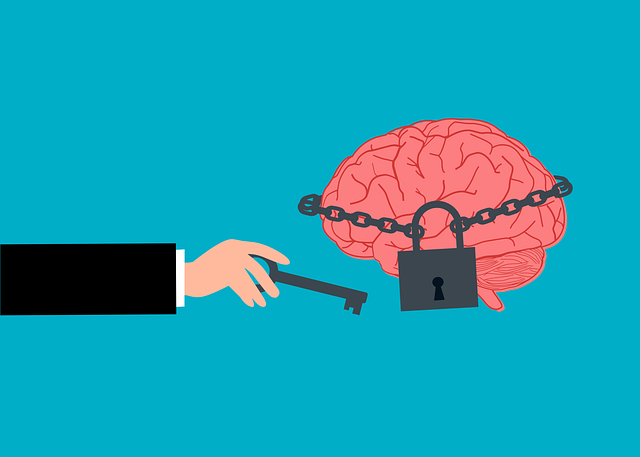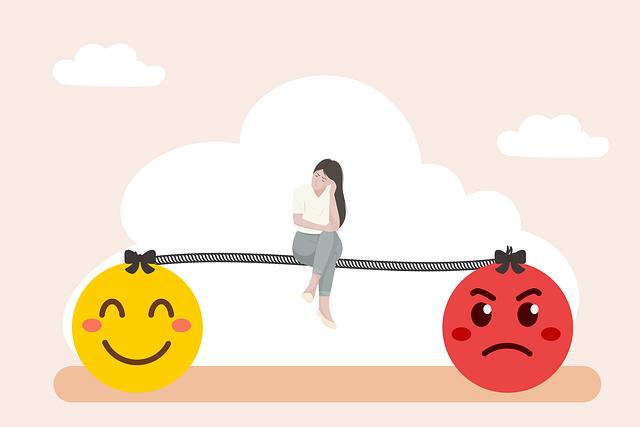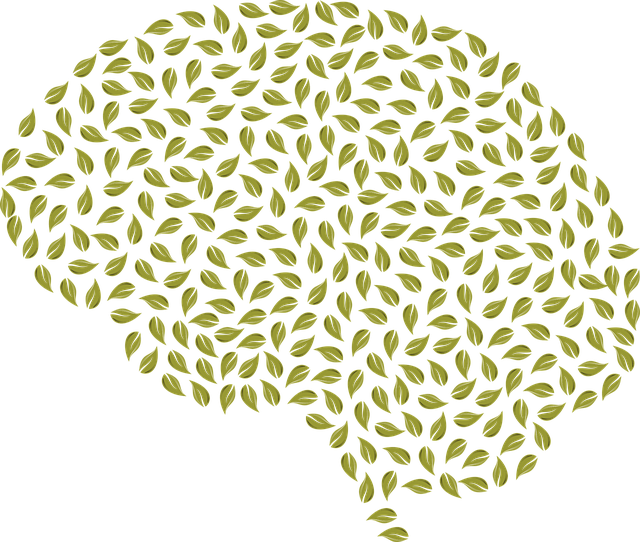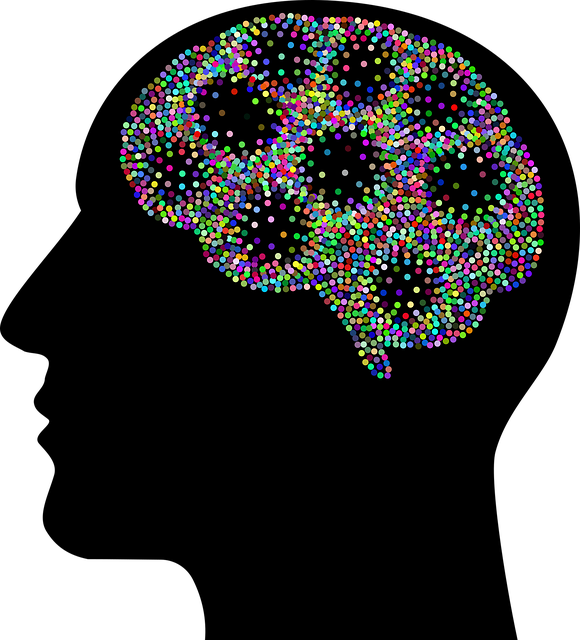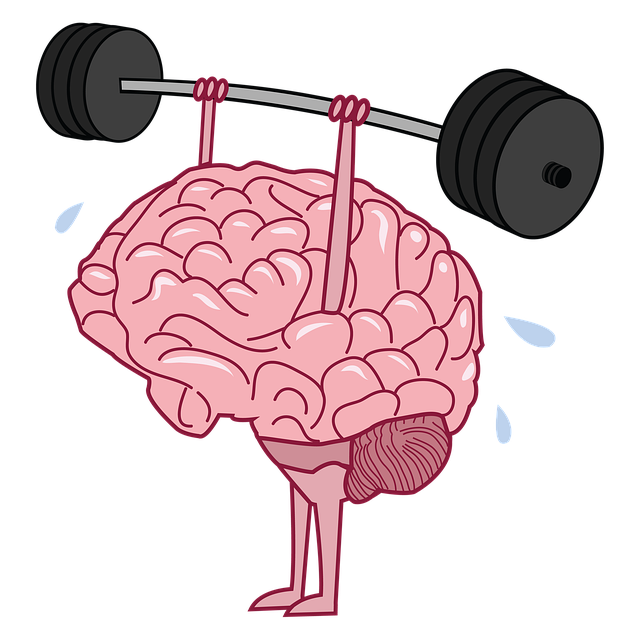Lone Tree Psychosis Therapy provides specialized counseling for individuals dealing with loss, grief, and bereavement, using evidence-based practices like CBT, mindfulness, and supportive therapy. They create a safe space for self-reflection, creative expression, and personal growth through art, journaling, and active listening. Their holistic approach addresses mental health interconnectedness, reduces stigma, and promotes well-being, helping clients process emotions, remember loved ones with resilience, and prevent burnout.
Loss, grief, and bereavement are profound experiences that can deeply impact an individual’s mental health. This comprehensive article explores these complex emotions, offering a detailed look at how counseling can be instrumental in navigating the aftermath of loss. We delve into the strategies employed by Lone Tree Psychosis Therapy to provide effective support, highlighting the benefits and potential for healing and growth through therapeutic interventions after bereavement.
- Understanding Loss, Grief, and Bereavement: A Comprehensive Overview
- The Role of Counseling in Navigating Difficulties After Loss
- Strategies and Techniques Employed by Lone Tree Psychosis Therapy for Effective Support
- Benefits and Impact: How Counseling Can Foster Healing and Growth Following Bereavement
Understanding Loss, Grief, and Bereavement: A Comprehensive Overview

Loss, grief, and bereavement are deeply personal experiences that can significantly impact an individual’s mental health and overall well-being. Understanding these concepts is crucial in providing effective support to those going through difficult times.
At Lone Tree Psychosis Therapy, we believe that recognizing and addressing loss in its various forms is essential for healing. Loss can manifest in numerous ways, including the death of a loved one, ending a significant relationship, experiencing job dissatisfaction, or even dealing with financial setbacks. Each situation is unique, and grief is a natural response to these changes. It involves a range of emotions, from sadness and anger to confusion and guilt. Through our specialized counseling services, we aim to guide individuals through the complex process of bereavement, helping them develop healthy coping mechanisms and communication strategies for managing stress and preventing burnout.
The Role of Counseling in Navigating Difficulties After Loss

Loss, grief, and bereavement can be overwhelming, leaving individuals feeling isolated and struggling to cope with their emotions. This is where counseling plays a pivotal role in offering a safe space for expression and healing. Lone Tree Psychosis Therapy provides a supportive environment for those navigating these challenging times.
Counseling helps individuals process their grief, understand their feelings, and develop effective coping strategies. Through professional guidance, clients can learn to manage their mood, enhance self-care routines for better mental health, and cultivate inner strength. This process allows them to gradually adapt to life after loss, finding ways to remember and honor their loved ones while embracing a new chapter with resilience and hope.
Strategies and Techniques Employed by Lone Tree Psychosis Therapy for Effective Support

Lone Tree Psychosis Therapy leverages a range of effective strategies and techniques to provide unparalleled support for individuals navigating loss, grief, and bereavement. Their approach is deeply rooted in evidence-based practices, combining cognitive behavioral therapy (CBT), mindfulness techniques, and supportive counseling to help clients process their emotions and find meaning amidst their sorrow.
The therapists at Lone Tree Psychosis Therapy create a safe, non-judgmental space for clients to express themselves openly. Through active listening and empathy, they foster an environment that encourages self-reflection and healing. Additionally, the therapy team incorporates creative outlets like art therapy and journaling to help individuals externalize their grief, offering unique avenues for processing complex emotions. Their holistic approach also addresses the interconnectedness of mental health, recognizing that managing bereavement involves not just coping with loss but also mitigating risks associated with mental illness stigma reduction efforts and enhancing overall well-being through comprehensive mental health education programs design.
Benefits and Impact: How Counseling Can Foster Healing and Growth Following Bereavement

After experiencing loss, grief, and bereavement, seeking professional support through counseling can be a powerful tool for healing and personal growth. Lone Tree Psychosis Therapy offers a safe and non-judgmental space where individuals can process their emotions, remember loved ones, and navigate the complex journey of mourning. This supportive environment facilitates the exploration of feelings that might otherwise feel too overwhelming to handle alone.
Counseling provides individuals with valuable coping mechanisms tailored to their unique experiences. It helps reduce symptoms associated with mental illness stemming from grief, such as depression and anxiety, enabling better management of daily life. Moreover, counseling can foster resilience, helping individuals find meaning and purpose in the aftermath of loss while also contributing to burnout prevention efforts. Through Lone Tree Psychosis Therapy, those navigating bereavement gain insights into their emotional landscapes, develop healthy coping strategies, and ultimately, embark on a path toward profound personal growth.
Lone Tree Psychosis Therapy offers a safe space for individuals navigating loss, grief, and bereavement. By employing evidence-based strategies and techniques, their counseling services provide effective support tailored to unique needs. Through this therapeutic journey, clients not only heal but also grow, fostering resilience and finding meaning in their experiences. For those seeking guidance after a profound loss, Lone Tree Psychosis Therapy can be a transformative game-changer.

